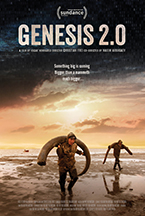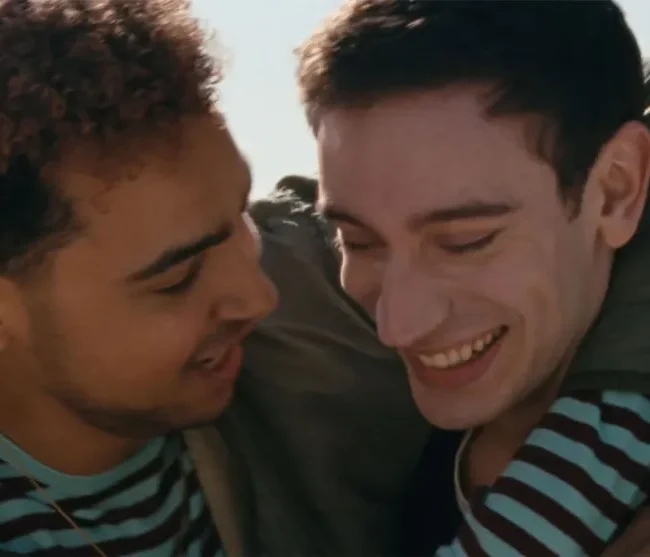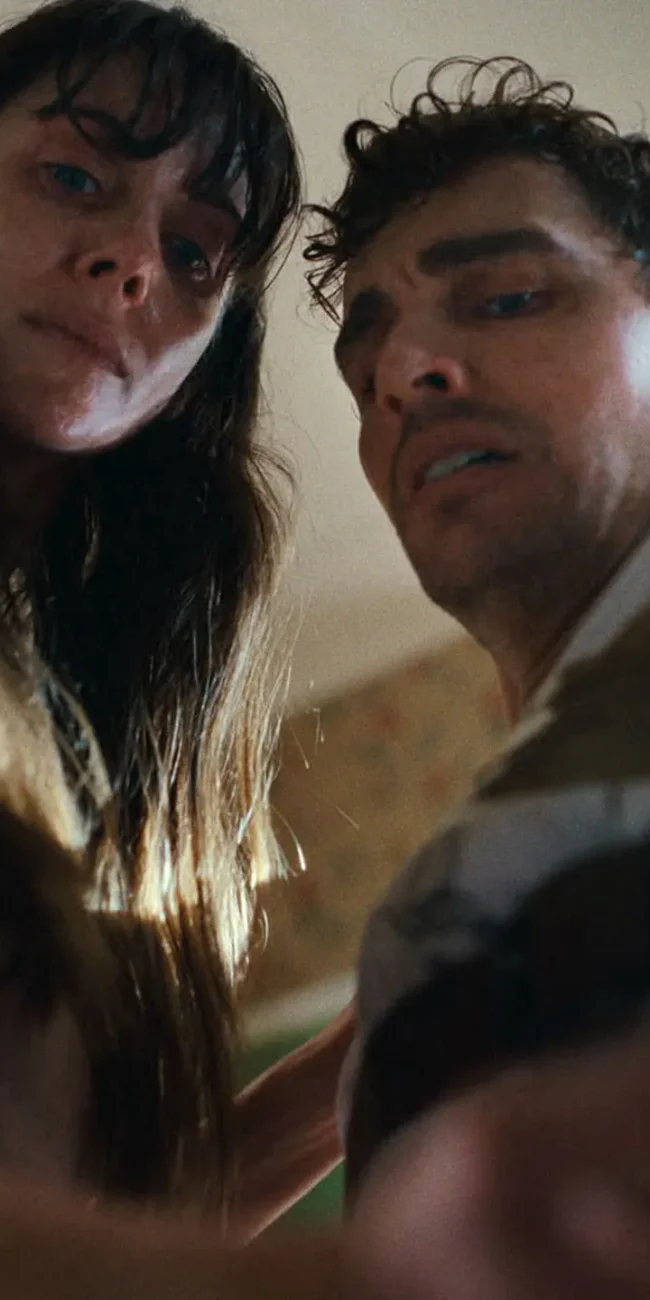GENESIS 2.0

(The 2018 Sundance Film Festival runs January 18-28 and Hammer to Nail promises more reviews than any other outlet! Stay tuned for interviews, features and reviews…)
Not a film for technophobes, especially those worried about innovations in the world of genetics, Genesis 2.0 takes us on a journey both geographic and temporal. We travel to the New Siberian Islands, an Arctic archipelago far to the northeast of most habitable settlements, where lies the hidden treasure of tusks from long-extinct woolly mammoths, buried in the ground, ripe for the finding by hunters. These men come from Yakutsk, to the south, and what they find they sell to China for meager rewards (the middlemen make all the vast profits). The film cuts back and forth between them and the futuristic research of young scientists at the annual International Genetically Engineered Machine Competition iGEM, in Boston, Massachusetts, whose inventions include new breeds of animals and revolutionary new devices made from organic matter. It’s a brave new world, one far away from the wind-swept tundra of our hunters. Past and future collide in a fascinating, if often unwieldly, narrative mix.
Director Christian Frei (Space Tourists) stays with the scientists, both in Boston and later when their trajectory goes international. His co-director, young hockey-player-turned-videographer Maxim Arbugaev, has the harder task, physically speaking, of accompanying the ivory hunters to the islands. It’s rough going, but at least he gets to witness three polar bears invade the camp. Nothing so fierce happens to Frei, though he has the more frenetic schedule, keeping company with geneticists who want to take potentially live cells from recently thawed mammoth blood and recreate the lost species through cloning. First Frei visits the Sooam Biotech Research Foundation, in South Korea, where they clone dogs, and then travels with its director, Woo Suk Hwang, to BGI Genomics, in China. Joining him is Semyon Grigoriev, Director of Yakutsk’s Mammoth Museum, whose team found, in 2013, the perfectly preserved mammoth carcass that may allow this crazy experiment to happen. If all that is a lot to process, I agree.
The footage is beautifully shot, no matter where the story takes us. The New Siberian Islands, with their stark landscapes and almost unearthly rock formations, are a character unto themselves. The hunter’s weather-beaten faces offer landscapes of their own, as well. These scenes are worthy of the best nature documentaries from the BBC or National Geographic. Less cinematic, but no less interesting, is the material from the conferences and labs. Here is where our biological destiny is being written – or coded, the preferred term of the genetic engineers – whether we want it to be or not. When the PR representative at BGI tells an American researcher that soon we should be able to weed out all forms of genetic abnormalities by recognizing flawed genes and preventing such babies from being born, that gives even him pause. He questions the ethics of such actions; she gives him a blank stare. It’s certainly something to think about.
Back we go to the mammoth hunters, then back to the mammoth cloners, and so on and so forth. Frei and Arbugaev correspond the whole time, composing emails which they read in voiceover, forming a collegial narration that is our guide to the proceedings. Cutting-edge science co-exists with myth and superstition, a fact brought home not only through shots of hunters throwing objects into the dirt to ward off bad karma from stealing mammoth corpses, but also from the third part of the voiceover, a woman’s voice chanting native Siberian myths. As fascinating as the entire enterprise may be, however – and it is – the sum total of the parts never quite gels into a perfect whole. I’m not sure how much I care, since individual sequences brilliantly illustrate the conflicts and contradictions of our modern world, but I was at times frustrated by the messy patchwork. Still, Genesis 2.0 holds your interest. Let’s hope this time the Fall of Humanity leads us not to our doom.
– Christopher Llewellyn Reed (@ChrisReedFilm)











